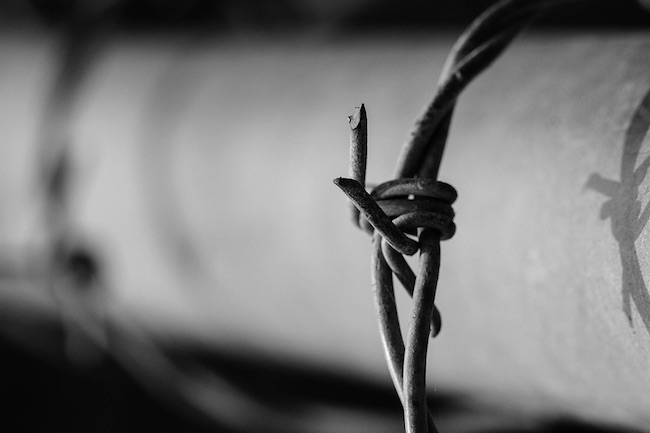Forbes Calls for Recognition of Christian Persecution as Global Problem by THOMAS D. WILLIAMS, PH.D. for Breitbart
Forbes magazine has appealed for recognition of the phenomenon of Christian persecution around the globe as a crisis demanding focused attention.
Report after report “has been raising the issues that relate to the persecution of Christians globally,” notes Forbes contributor Ewelina U. Ochab, which includes “atrocities that amount to genocide and crimes against humanity.”
Faith-based persecution affects Christians more than any other religious group on the planet, Ms. Ochab observes, and therefore anti-Christian persecution deserves to be addressed as a critical issue in its own right.
Ochab cites a recent report by the Bishop of Truro for the British Foreign and Commonwealth Office, which identified “a global phenomenon of discriminatory behavior and physical attacks, some sadly deadly, on Christian children, women and men, often from the world’s poorest communities.”
“Studies consistently show that Christians suffer significantly higher levels of persecution and intolerance,” she adds, and far from diminishing, the persecution of Christians has increased in 73 countries, according to Open Doors’ World Watch List 2019, and now affects 245 million Christians.
Despite the worrisome growth of the often violent persecution of Christians worldwide, “the extent of the crisis facing Christians persecuted for their faith remains little known and understood,” Ochab laments, citing a report titled “Persecuted and Forgotten,” produced by the pontifical charity Aid to the Church in Need.
The UK report stressed the need for a new approach to this global issue, “one that recognizes that the widespread issue of persecution of Christians is a phenomenon and not a series of single incidents of violent human rights abuses,” Ochab recounts.
In her article, Ochab also holds up the example of the Hungarian government, which has been a pioneer in tackling Christian persecution head-on by establishing a State Secretariat for the Aid of Persecuted Christians, tasked with “providing direct support for persecuted Christian communities and raising domestic and international political and public awareness of the phenomenon and increasing scale of Christian persecution in the 21st century.”




